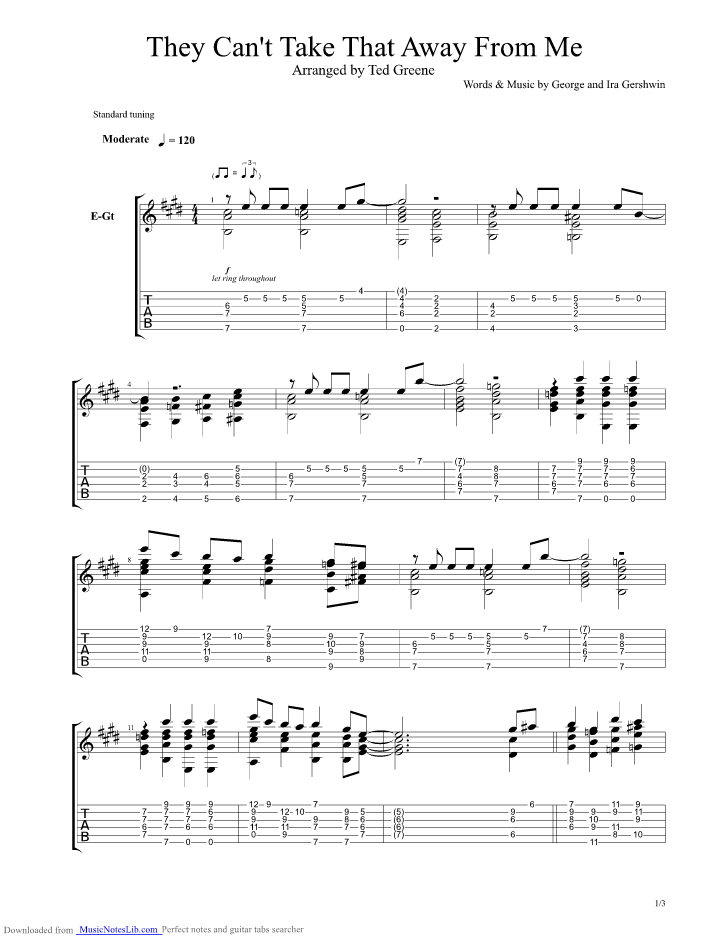
It featured guest performances from Patty Griffin and Teddy Thompson, among others. Two years later, Colvin came out with another album, her debut for the Nonesuch label, entitled These Four Walls. She returned to the solo format with 2001's Whole New You and, in 2004, summarized the first 15 years of her recording career with the compilation Polaroids: A Greatest Hits Collection.

She also collaborated with Sting on "One Day She'll Love Me," the theme song for Disney's The Emperor's New Groove. Holiday Songs and Lullabies followed that autumn.ĭuring the new millennium, Colvin contributed vocals to songs by Béla Fleck, Edwin McCain, James Taylor, and Shawn Mullins. In 1998, "Sunny Came Home" won two Grammy Awards for Record of the Year and Song of the Year, and A Few Small Repairs became her first album to reach platinum status. A Few Small Repairs slowly became a hit over the course of 1997, due in part to the success of "Sunny Came Home" on the pop charts. In late 1996, Colvin released A Few Small Repairs, having written the album during the midst of a painful divorce. Cover Girl, an album of cover songs, met with mixed reviews and modest sales in 1994, but Colvin again earned a nomination for Best Contemporary Folk Recording. In addition, "I Don't Know Why" became a big adult contemporary hit. Colvin's 1992 sophomore effort, the more pop-oriented Fat City, earned her two more nominations - Best Contemporary Folk Recording and Best Female Pop Vocal for the single "I Don't Know Why" - as well as considerable critical praise and a growing crossover audience. Steady On, released in 1989, won the Grammy Award for Best Contemporary Folk Recording. A live tape sold at Colvin's shows (Live '88) attracted the attention of Columbia Records, who signed her the same year in the wake of success from such like-minded performers as Tracy Chapman, Suzanne Vega, and the Indigo Girls. Her work also appeared in Fast Folk magazine, and she got her first break in 1987 singing backup on Suzanne Vega's hit song "Luka." By the following year, she had found a songwriting partner in John Leventhal, who began providing melodies for Colvin's lyrics. Throughout the '80s, Colvin worked her way up the folk circuit, also appearing in off-Broadway shows such as Pump Boys and Dinettes, Diamond Studs, and Lie of the Mind. In 1983, she moved to New York, where she found a home in the city's singer/songwriter scene and built a following in the surrounding area. She relocated to Austin, Texas, where she joined the Western swing band the Dixie Diesels and sang with the band until nodes forced a temporary retirement at age 24. After moving twice - first to London, Ontario, and then to Carbondale, Illinois - Colvin formed the Shawn Colvin Band, a hard rock outfit whose high-energy demands soon strained her voice.

By the age of ten, she had discovered a passion for music and taught herself guitar.


Although she never revisited that commercial peak again, Colvin still commanded a broad, loyal following well into the subsequent decades.Ĭolvin was born in Vermillion, South Dakota, on January 10, 1956. Colvin's debut record won the Grammy Award for Best Contemporary Folk Album in 1991, but it was her 1997 single, "Sunny Came Home," that firmly catapulted her into the mainstream. Although she grew out of the somewhat limited "woman with a guitar" school, she kept the form fresh with a diverse approach, avoiding the genre's clichéd sentiments and all-too-often formulaic arrangements in favor of a more personal, pop-influenced style. Biography Shawn Colvin is one of the leading lights of the so-called "new folk movement" that began in the late '80s.


 0 kommentar(er)
0 kommentar(er)
